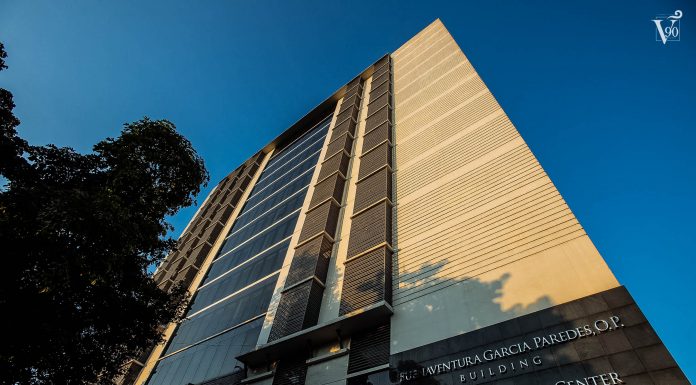STEM CELLS now reveal a promise of cure for Parkinson’s disease.
In an article published in the New England Journal of Medicine, a study on stem cells extracted from a 57-year-old man’s brain and re-implanted a few months later showed a positive sign of treating a terminal case of Parkinson’s disease.
Six months after the surgery, the patient regained his good motor functions such as walking and speaking.
Dr. Michael Lavesque, a neurosurgeon in Cedars-Sinai Medical Center in California, USA, said that the lack of dopamine in brain cells cause Parkinson’s disease. As the stress response of the body weakens, patients begin to show slowed movement and unstable posture and suffer from problems with speaking, swallowing, and sexual dysfunctioning.
Considered important in early human development, stem cells reproduce indefinitely in the laboratory allowing the development of a specialized type of cells. In this case, nerve cells are taken from the brain and returned through a surgical operation to produce functional neurons to replace lost dopaminergic cells.
However, the significance of this recent American study is still unclear since it was only done on a single patient. Even if the patient was already confirmed free from the symptoms of the disease, the same examinations with 12 more patients will still be conducted to confirm the validity of the study.
Parkinson’s disease can impair the quality and length of a patient’s life, devastating both the individual and his family. But the promise of modern discoveries may erase the horror of living a life without basic body movements and prevent future generations from suffering the fate of boxing icon Muhammad Ali. John Ferdinand Tejero Buen















